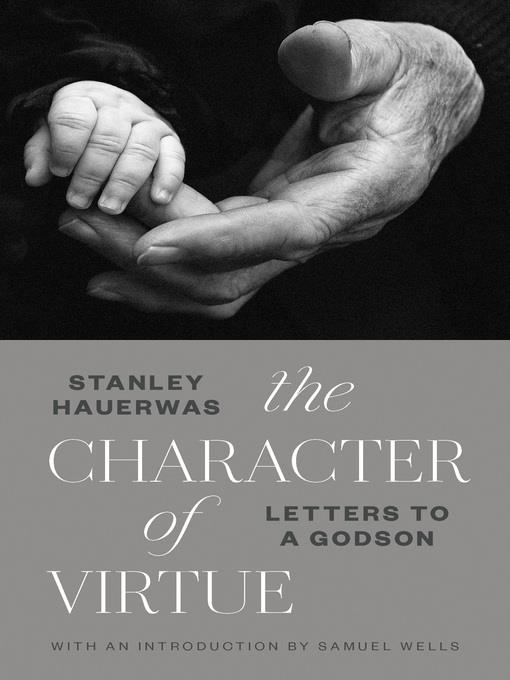
The Character of Virtue
Letters to a Godson
کتاب های مرتبط
- اطلاعات
- نقد و بررسی
- دیدگاه کاربران
نقد و بررسی

February 12, 2018
Hauerwas (Living Gently in a Violent World), professor emeritus of divinity and law at Duke, encapsulates a life of writing about virtues and theology in these lovingly crafted letters to his godson, Laurie Bailey Wells. Rather than sending Christmas or birthday presents to Wells, Hauerwas wrote a letter to him about a specific virtue every year on the anniversary of Wells’s baptism. On the first anniversary, Hauerwas instructs Wells on the virtue of kindness, reminding the young boy that he won’t become kind by trying too hard and that the virtue of kindness is already within him. Hauerwas not-so-subtly pushes Wells toward baseball on the fourth anniversary by using it as an example of the practice of patience; baseball fans learn patience as they acquire the habits that permit them to see how “compelling and beautiful this game of peace is,” he writes. In the final letter included, Hauerwas reminds Wells that character comes down to who a person is when no one’s looking. Though aimed at a younger audience, Hauerwas’s elegant book will provide any reader with insight and wisdom into living a virtuous life.

April 1, 2018
In 2002, priest and theologian Samuel Wells asked Hauerwas (emeritus, theological ethics, Duke Univ.; A Community of Character) to be godfather to his son Laurence--a responsibility that presented a serious challenge as Wells and Hauerwas were separated by the Atlantic Ocean. The solution involved Hauerwas writing to young Laurence once a year on the occasion of his baptism over the course of 15 years. Each letter dealt with one virtue that seemed apropos to Hauerwas at the time. The result is the subject of this work. The author is particularly interested how those virtues highlighted in Christian theology figure in ethical practice and how ethical practice figures in God's work of reconciliation. Virtues, Hauerwas insists, must be seen in relation to God's love. Despite the author's appreciation for thinkers such as Aristotle and Aquinas, his selection of virtues is not hierarchical but interdependent. And even though one virtue may be highlighted in a given chapter, it is never in isolation. VERDICT Hauerwas brings to this study a certain intimacy rarely found in books about ethics. Recommended for those interested in the pursuit of ethics.--James Wetherbee, Wingate Univ. Libs., NC
Copyright 2018 Library Journal, LLC Used with permission.

























دیدگاه کاربران